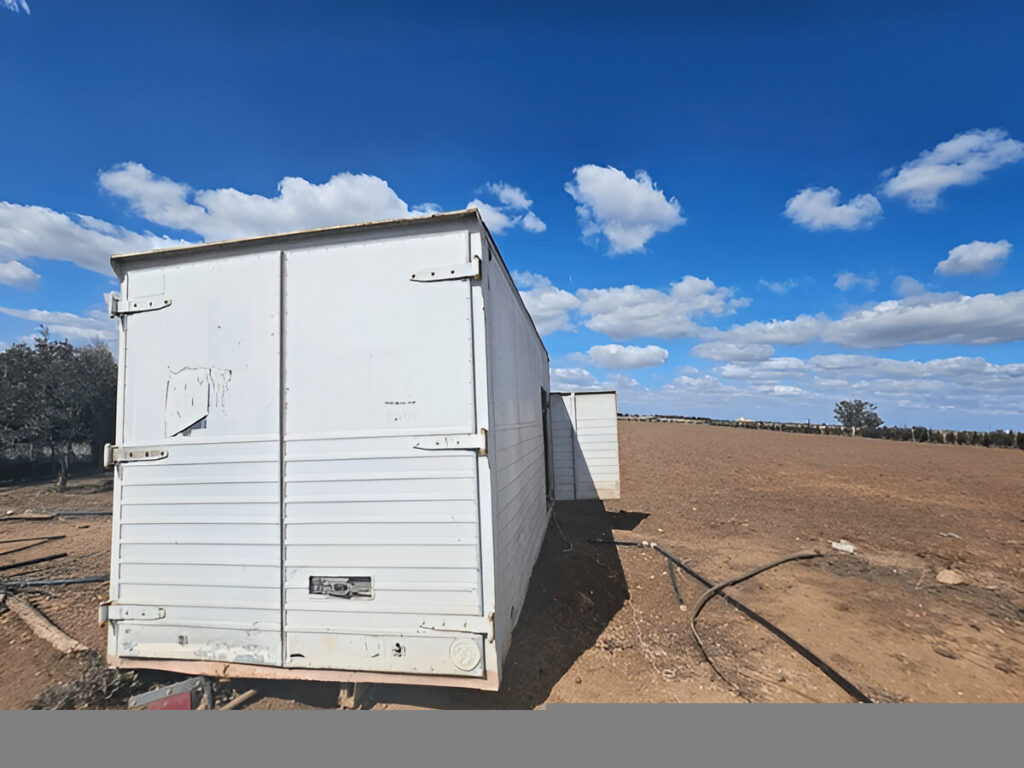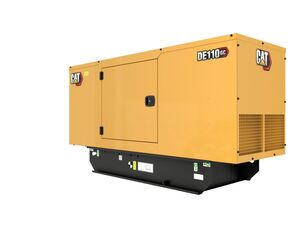Diesel generators are a reliable power source for residential, commercial, and industrial needs across Canada. Whether you’re running a remote job site, managing a backup power solution, or operating essential infrastructure, proper diesel fuel storage is critical for the longevity and efficiency of your generator system. In a country known for its harsh winters and variable climate, following best practices for diesel storage can also prevent costly fuel degradation and equipment failure.
At BC Generators, your trusted Caterpillar generator company and supplier of high-quality power solutions, we prioritize educating customers on safe storage techniques. In this blog, we’ll walk you through the key considerations and safety tips for storing diesel fuel in Canada.
Why Safe Diesel Fuel Storage Matters
Safe Diesel Fuel powers a wide range of standby and portable generators, including diesel fueled generators commonly used in commercial and residential settings. However, diesel is susceptible to contamination, oxidation, and microbial growth if not stored properly. These issues can cause clogged filters, injector damage, and total system failure — especially during critical moments when backup power is needed most.
Proper fuel storage ensures:
- Longer fuel shelf life
- Reduced maintenance costs
- Reliable generator performance
- Compliance with safety and environmental regulations
Choosing the Right Storage Container
In Canada, Safe Diesel Fuel must be stored in approved containers or tanks that comply with CSA and Environmental Protection Act standards. Whether you’re using small tanks for mobile power solutions or large stationary tanks for industrial backup, the container must be:
- Made of corrosion-resistant material (e.g., steel or double-walled plastic)
- UV-resistant for outdoor storage
- Equipped with spill containment features
When investing in a diesel motor generator, consider also purchasing compatible storage equipment. A properly sized tank will reduce the risk of overfilling and allow for temperature-related expansion of the fuel.
Indoor vs. Outdoor Storage: What’s Safer?
Both indoor and outdoor fuel storage options are viable in Canada, but each has its own safety implications:
Indoor Storage
- Better temperature control
- Reduced exposure to weather
- Requires well-ventilated, fire-rated enclosures
Outdoor Storage
- Easier access for refueling
- Space-efficient
- Requires weatherproof and insulated generator enclosure to Safe Diesel Fuel lines and components
For those using outdoor setups, installing your generator within a secure and climate-resistant generator enclosure is highly recommended to protect both the unit and its fuel system.
Temperature Considerations for Canadian Climates
In extreme Canadian winters, Safe Diesel Fuel can gel, making it impossible to pump or combust. This is especially relevant for standby units like Cummins generator Canada models that may sit unused for long periods.
To combat fuel gelling:
- Use winter-grade diesel (No. 1-D) during colder months
- Install fuel heaters or tank warmers
- Store fuel in insulated tanks or heated facilities
Temperature regulation is key to ensuring that your diesel fueled generators remain operational in sub-zero conditions.
Regular Fuel Maintenance
Safe Diesel Fuel should not sit idle for more than 6 to 12 months without treatment. Over time, it can degrade due to:
- Oxidation
- Water accumulation from condensation
- Microbial contamination (bacteria and algae)
To maintain fuel quality:
- Add stabilizers and biocides
- Test fuel quarterly
- Use filtration systems to remove particulates and water
Storing fuel without routine maintenance may result in system damage, even in high-quality models like those from Caterpillar generator company.
Spill Containment and Environmental Safety
Environmental protection is a top concern when storing diesel. In Canada, regulations mandate that fuel storage systems include:
- Secondary containment (bund walls, drip trays)
- Leak detection alarms
- Proper labeling and emergency procedures
Be sure your storage tank is located at a safe distance from buildings, waterways, and ignition sources. These precautions are not only best practices — they are legal requirements.
Periodic Generator Testing
Safe Diesel Fuel is only half the equation. To ensure that your diesel motor generator is ready when you need it, routine testing is essential. Run the generator under load conditions at least once a month to:
- Burn off excess moisture
- Circulate treated fuel
- Detect potential issues early
If you’re purchasing a generator for sale, make sure to ask the supplier about the ideal test schedule for your specific model.
When to Consider Used Generators
If you’re just beginning to explore backup power solutions, a used generator for sale can be a cost-effective entry point. Just be sure to inspect:
- The condition of the fuel system
- Previous storage practices
- Maintenance records
Poor fuel storage history could mean you’re inheriting a generator with hidden problems, so work with trusted vendors like BC Generators to verify quality and reliability.
Conclusion: Safe Storage = Reliable Power
Safe diesel fuel storage is not just a matter of compliance — it’s essential for the reliability and longevity of your generator system. From choosing the right storage tank to maintaining fuel quality during harsh Canadian winters, every detail counts.
At BC Generators, we offer a wide selection of diesel fueled generators, including models from top brands like Cummins generator Canada and Caterpillar generator company. Whether you’re looking for a new or used generator for sale or need help finding the right generator enclosure, we’re here to help you power your life safely and efficiently.
Need help choosing the right generator or storage setup? Contact BC Generators today — your trusted source for diesel motor generator solutions in Canada.





